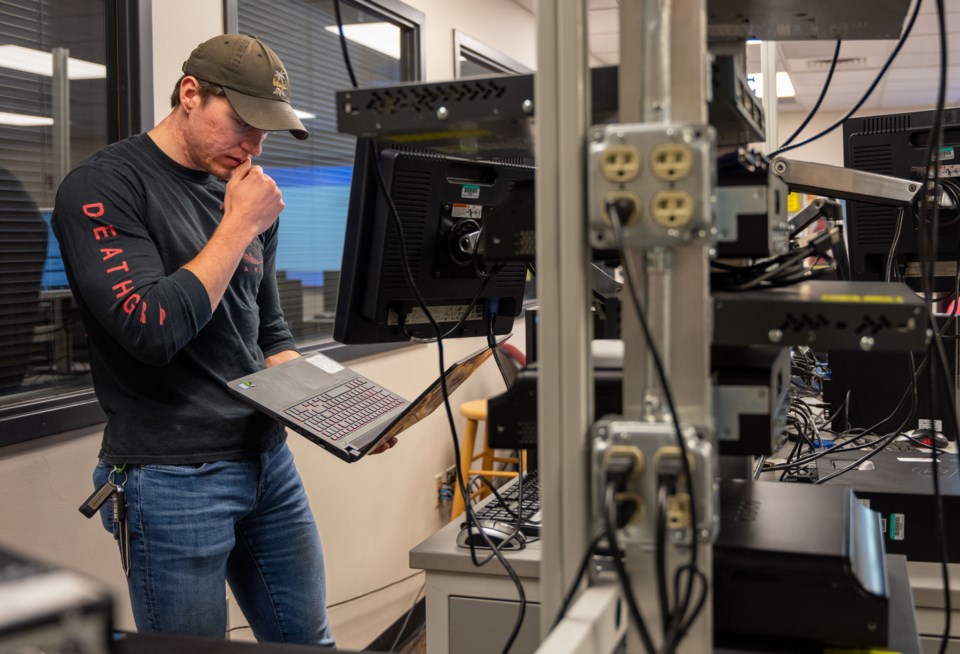As Colorado’s high school graduating classes of 2023 make decisions about their future amid an economic downturn, it’s important that they look at all their post-secondary options and be strategic, said Rebecca Wolfe, vice president of academic affairs at Front Range Community College.
“Students can get into a technical field without having to go deep into debt or go into lots of years of education,” Wolfe said.
“A young person could easily, within a year or even less, get a certificate and get some industry certifications in order to go right into a job, and they can either stay there or build on that certificate to move into an associate’s degree and maybe later, a bachelor’s degree.”
Initiatives such as Care Forward Colorado, which was created to fill shortages in entry-level healthcare positions, can not only greatly reduce debt, but it can offer young people a living wage at an early age.
“The Care Forward Act is using recovery funds to cover the tuition costs for any healthcare program that is a year or less,” Wolfe explained.
“Our legislators and our higher ed leaders have really recognized that there are so many more choices for young people today, and they want to be able to identify some of these pathways,” she said.
A student who completes a one-year certificate and gets hired into a skilled job can use those higher wages to then fund a bachelor’s degree, Wolfe explained.
Some companies will even hire interns from a certificate program and fund their degree, said Dr. Eric Dunker, vice president for workforce and economic development at Arapahoe Community College.
“You can really hone their talents by sponsoring the rest of their college,” he said. “The most successful companies right now, that are really working well in terms of talent development, are doing these things.”
Centura Health invested into a Colorado community college program that recently hired 160 apprentices, Dunker said.
“Now they’ve saved a lot of money from not having to recruit medical assistants,” he explained. “So what they do now, is they invest in the next iteration of that student’s career.”
Lockheed Martin has been doing the same thing — hiring young people from community colleges and then paying for their tuition, Dunker said. Because of that, the company has been able to recruit and retain positions in fields such as software development and cybersecurity.
Some students finish a costly undergrad, only to realize they don’t enjoy the field they chose, Dunker noted. Many community colleges offer students a variety of on-the-job experiences, so they can find out if a career isn’t for them, he explained.
“What I believe in is stackable credentials — so try something from a work based learning standpoint, whether you’re in high school or college, earn that first industry certification — it could even just be a basic life support skill such as CPR — if you like it, great, if you don’t, maybe you transition.”
It’s also important for students to learn whether they have an aptitude for their chosen profession, and whether that industry is viable in their region, Dunker said.
President Joe Biden’s student debt relief plan was ruled unlawful Thursday by a federal judge in Texas. Under the plan, hundreds of billions of dollars in loan debt would’ve been canceled.
The U.S. Department of Education has approved 16 million requests for student loan forgiveness, but around 26 million people have applied, said Miguel Cardona, U.S. Secretary of Education.
“We remain committed to taking other actions to fix longstanding issues in the student loan forgiveness system and hold schools accountable for leaving students with mountains of debt and without the skills and preparation to find good jobs,” Cardona said in a news release.



